


Religion in Harn is quite a bit different than religion in most D&D games. Like everything else in Harn, Religion is very detailed. One additional skill that all players have is called "Ritual." It's based on your Wisdom modifiers. If one is a caster of divine energy, and is leading the religious service, they may add their proficiency to their "Ritual" skill check. That skill check determines how well one paid attention during the service, and thus earned "piety" as points which they can use while adventuring to increase dice rolls. For skill checks, to hit, and certain other things, I will tell you how much piety you'd have to use in order to make the check or score a hit. For Saving Throws, you have to guess how much piety, if any, you would need. Piety is kept like a bank as a numerical score, from which players take used piety away, and earned piety added from "Ritual" services, other special services, and quests and other things in service to a particular church.
There are ten deities which are commonly revered throughout Harn. There are three benign deities, three malignant deities, and four neutral deities. In Kaldor, where the campaign starts, the religions of Evil deities' are proscribed, and Benign deities are supported by the state. Neutral religions are allowed, but outside of a major city, perhaps not so existent. Characters who are not clerics, paladins, or otherwise tied to a single deity are free to worship as many as appeal to them, or none. They may attend (if allowed) as many religious services of those deities as they wish, but gain main piety from one, and then lessor piety from the other(s), if any. Divine casters are limited to just one deity, one religion. The churches of various deities have services on different days throughout the Harnic calendar. I will try to give a brief description of each.
One aspect that is also a bit different in Harn is that choice of which deities to worship is going to also be modified by which alignment a player chooses to take. For example, worshipping Peoni would require a character to be Lawful Good or Neutral Good. Worshipping Save-K'norr, on the other hand, would take someone with an alignment of Lawful Neutral. Thus worship is most limited to two deities per alignment, but one could choose more, but would have to roll disadvantage on their "Ritual" skill check. And if they roll low enough, they might fall asleep during the service, and earn no piety, or worse, be given a mark that any priest of that religion can recognize, and forbidden to worship for a month or more.

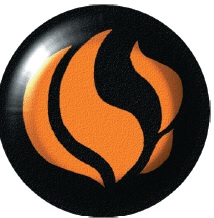
"The Emperor of Flame, Immortal Warlord of Balshagang, Lord of the Four Horsemen, Master of the V'hir, Breeder of Plague, Squalor, and Decay; The Reasonless Reaper, Tyrant of the Foul Chamber, He Who Knows the 10,000 Ways"
Agrik is the evil god of war, the breeder of violence for it's own sake. Worship of Agrik in Kaldor is proscribed and punishable by death in Kaldor. Agrik has several clerical orders and also several fighting orders.
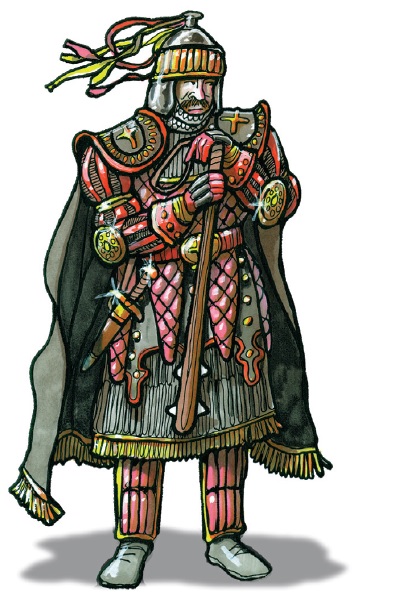

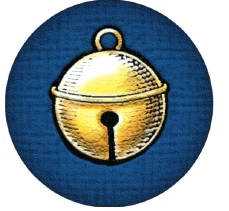
"The Empress of Opulence, Queen of Pleasures and Self Fulfillment, Maker of Bargains, Guardian of the Treasure Hoards of Heaven, Enslaver of Hearts and Loins, Mistress of the Stolen Moment Forever Lost, Unchaste Lady of the Ten Forgotten Arts, Golden Temptress of the Crimson Chamber"
Halea is the neutral deity of bargains, love and trysts. Her worship usually includes drugs and some sexual inclusions from orgies to private worship sessions with the High Priestess. There are several churches and temples to Halea in Kaldor, including a church in Getha for worship
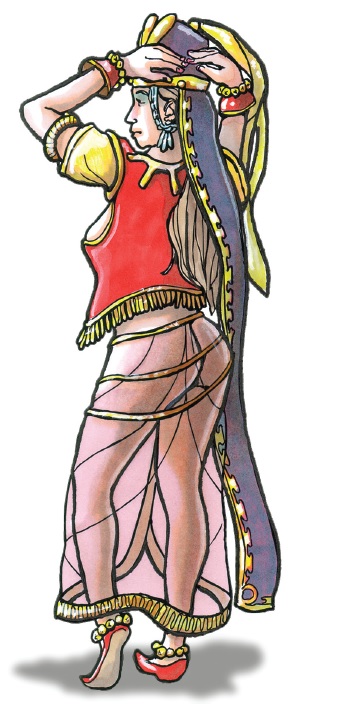

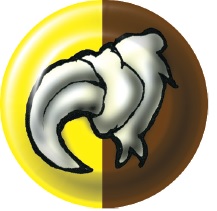
"Master of Araka-Kalai, Brooder in the Blasted Plains, The Serpent that Dwells Below, Accursed Lord of the Barren Cycle, Prince of the Fatherless Multitude, Craven Lord of Sterile Lands"
Ilvir is neutral, and is the only deity to actually live on Harn, said to dwell in Araka-Kalai, on the eastern shore of Lake Benath in the middle of Harn. Serious followers are expected to visit Araka Kalai at least once in their lifetimes, and pilgrimages are often made for this place. Ilvir is also the creator of the Ivashu, the strange monster creatures that inhabit Harn. Though considered monsters by most, those who seriously revere Ilvir see them as part and parcel of the religion. Right up to where they are attacked and their lives are on the line. The only place of worship of Ilvir in Kaldor is in the capital city of Tashal.
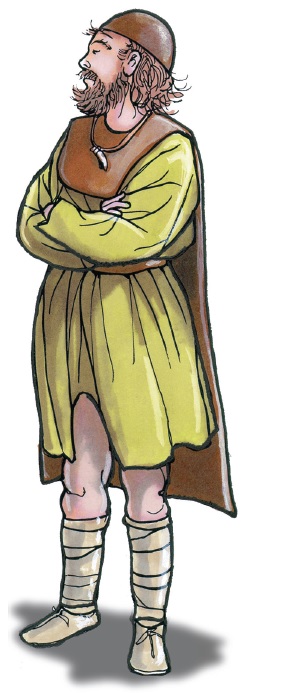

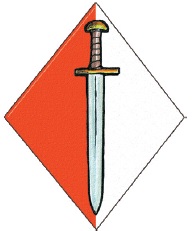
"Shield maiden of the Worthy Cause, Guardian of Dolithor, Protector of the Brave, the Unwilling Warrior, Lady of Paladins"
Larani is the benign goddess of war, though she comes to war unwillingly. She stands for valor and justice and honor. There are two main clerical orders in Harn, and eastern Harn is the seat of the Chequered Shield. Larani also has two fighting orders and the one in the east is called The Lady of Paladins, and is the martial arm of the church, a place for paladins and others of puissant skill in the martial arts to become a part of something, very much like the Templar Knights. Larani is very popular in Kaldor, especially among the nobility and aristocracy, but several warriors also revere Larani. There are several places of worship for Larani in Kaldor, including a chapel at Caer Getha, the Baron's castle in the town of Getha, an abbey for the Chequered Shield in Lethyl, and a headquarters for The Lady of Paladins in Jenkald.
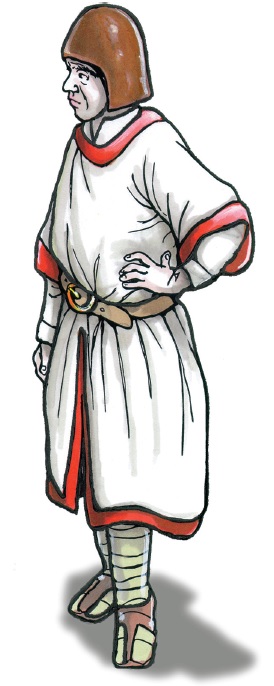


"Tormentor of the Unlamented Dead, Master of the Principle of Evil, Lord of the Gulmorvin of the Black Pit, Wielder of the Shadow of Incarnate Evil, Master of Chaos, Lord of Darkness"
As the title's suggest, Morgath is an evil God of chaos and torture, etc. Worship of Morgath is proscribed by death in Kaldor.
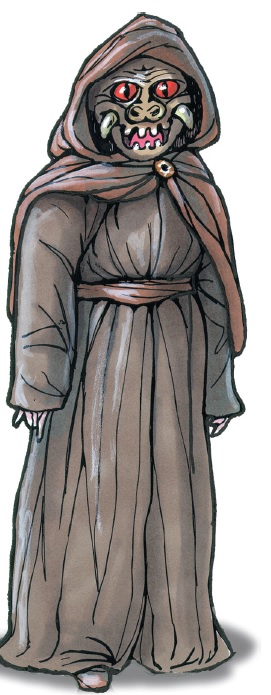

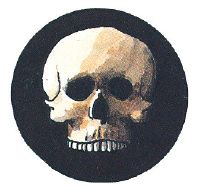
"Lord of the Pitch Shadows, Master of Deceit and Evil Dreams, Lord of the Last Illusion, The Unseen Lifter of Lives, Trancer the Cat, Weath's Worry, The Merchant of Death"
Naveh is the evil deity of Thieves and Assassins. Worship of Naveh is proscribed in Kaldor and punishable by death.
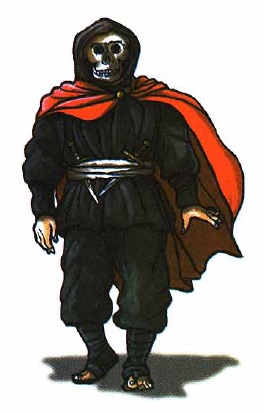

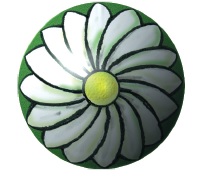
"The Bringer of Life Renewed, Maker of Balms, Lady of Truth, Everliving Daughter of White Virtue, Guardian of the Meek, Lady of Industrious Labors and the Ripe Harvest, Confident of Lovers"
Peoni is the benign goddess of Healing, True Love (as opposed to Halea's Lust), Agriculture, and Fertility. Getha has a church of Peoni as well as a hospital , and numerous shrines exist throughout Kaldor, as well as mendicant priests who travel to different manors giving the fields a blessing to assisting in child labor, healing the sick, etc.
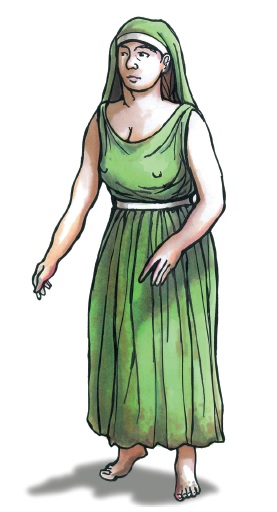

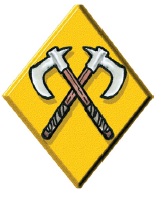
"King of the Icy Wind, Lord of the Perilous Quest, Wielder of the Blooded Axe, Master of Frosty Climes, The Gray Slayer"
Sarajin is the neutral god of battle. Originally an Ivinian (Viking) deity, worship of Sarajin has caught hold in other parts of Harn other than Orbaal who do not wish to revere either Larani or Agrik. The only church of Sarajin in Kaldor is in the capital city of Tashal.
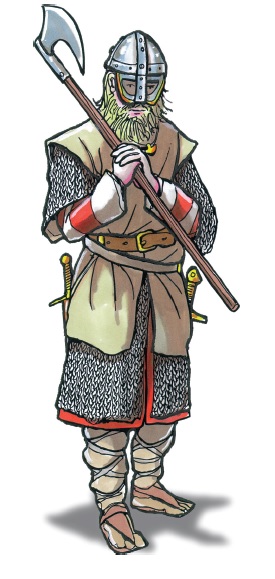

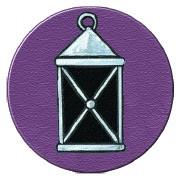
"Sage of the Gods, Lord of Puzzles, Conundrums, and Mazes; Lord of Jesters, Mixers of Potions, Knower of Many Things, Keeper of the Var-Hyvrak, The Lost Guide"
Save K'norr is the neutral go of knowledge. There are three orders within the worship of Save K'norr, and each order has it's own churches and temples. They are the Hyn-Aelori, or the Sages of Heaven, which is the largest order by far and they consider themselves the guardians of some of the greatest literary collections of the world. Their function is to collect and preserve knowledge and they are extremely conservative in doing so. Second is the Rydequelyn, or the Fool. The second largest order, they seek to destroy or confuse dangerous knowledge. Members tend to be artistic, jesters, etc and is known for it's elaborate practical jokes. They are not highly esteemed by the ruling class for this reason. Last and smallest is the Shea-al-Aecor, or the Lost Guide. This order sets overall policy for the entire church, and uses it's wisdom and knowledge covertly for the betterment of humankind. It's members tend to work in the governments of several states.
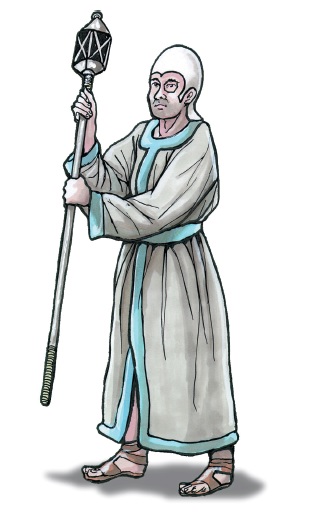

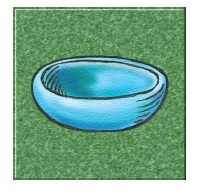
"Master of the Lords of Dream, Bringer of Meritorious Dreams and Blessed Forgetfulness, Lord of the Starlit and Thrice-Blessed Realms, King of the Uttermost West, Master of the Sundered Ones in Exile, Spirit of the Mist, Never-Changing Lord of the Azure Bowl"
Siem is the benign god of Elves, Dwarves, and Ethereals, though many humans also revere Siem. He is also Lord of Magic. There are no geographical locations for churches of Siem, and indeed, very few clergy, which are called Inthiars, and are all Druids. Worship is on the 15th and 30th of the month, and adherents simply wander out into the woods to worship either in private or in small groups.
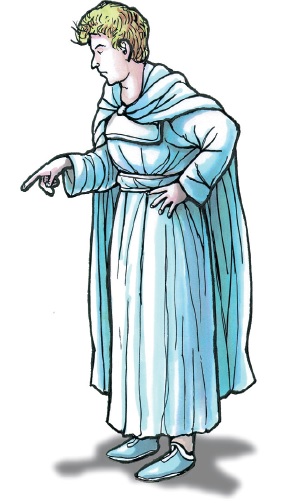
In addition, there are several minor Barbarian dieties that are worshipped on Harn, and each tribe of Barbarians have their own pantheon ranging from a sole diety to many